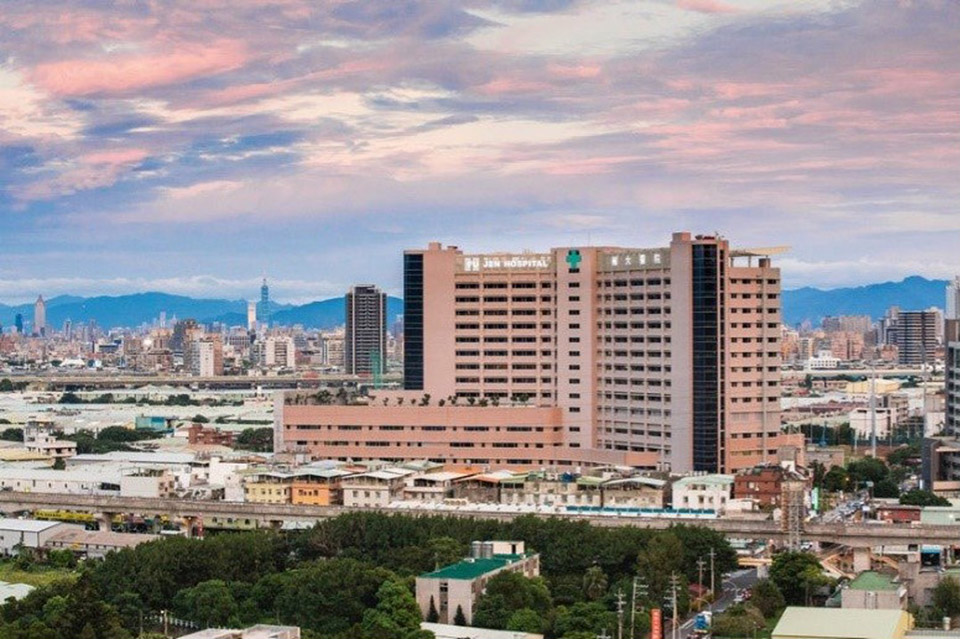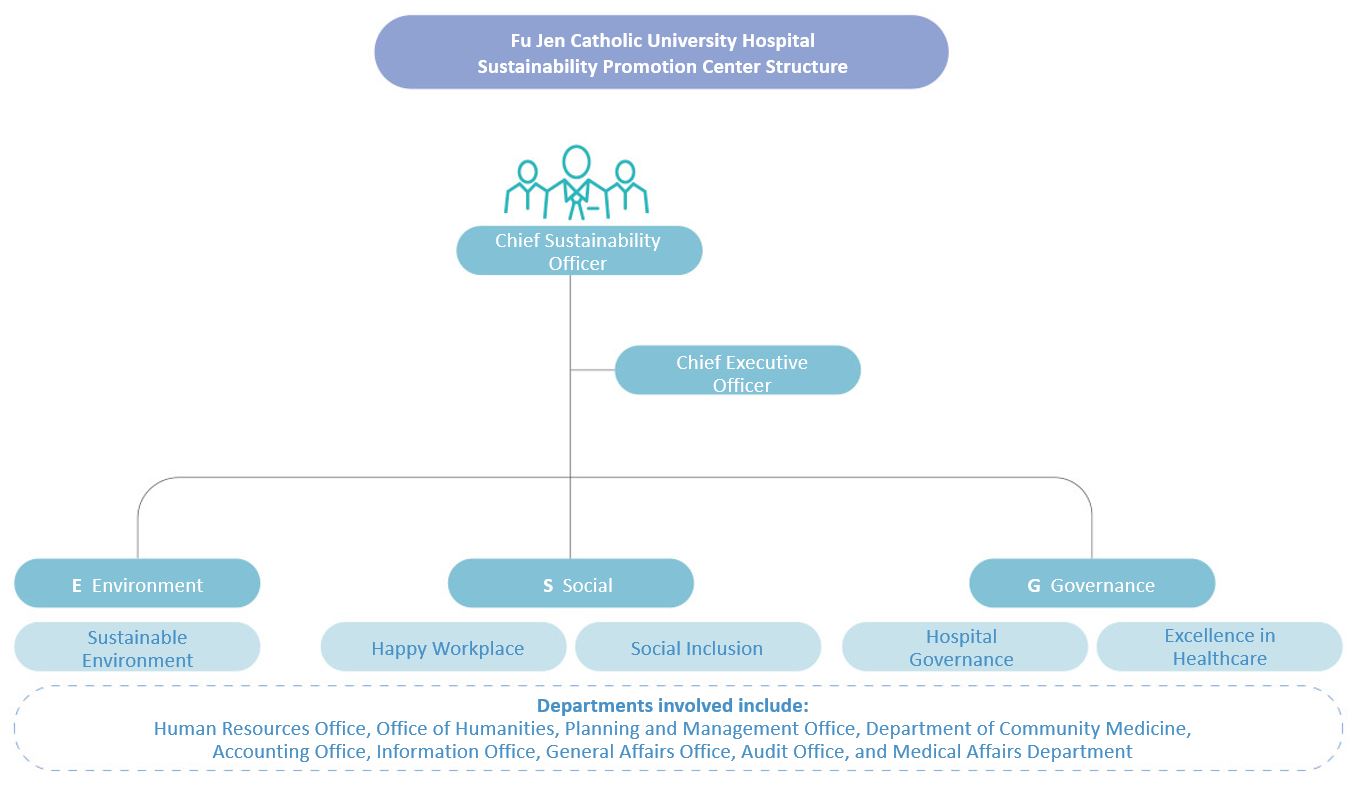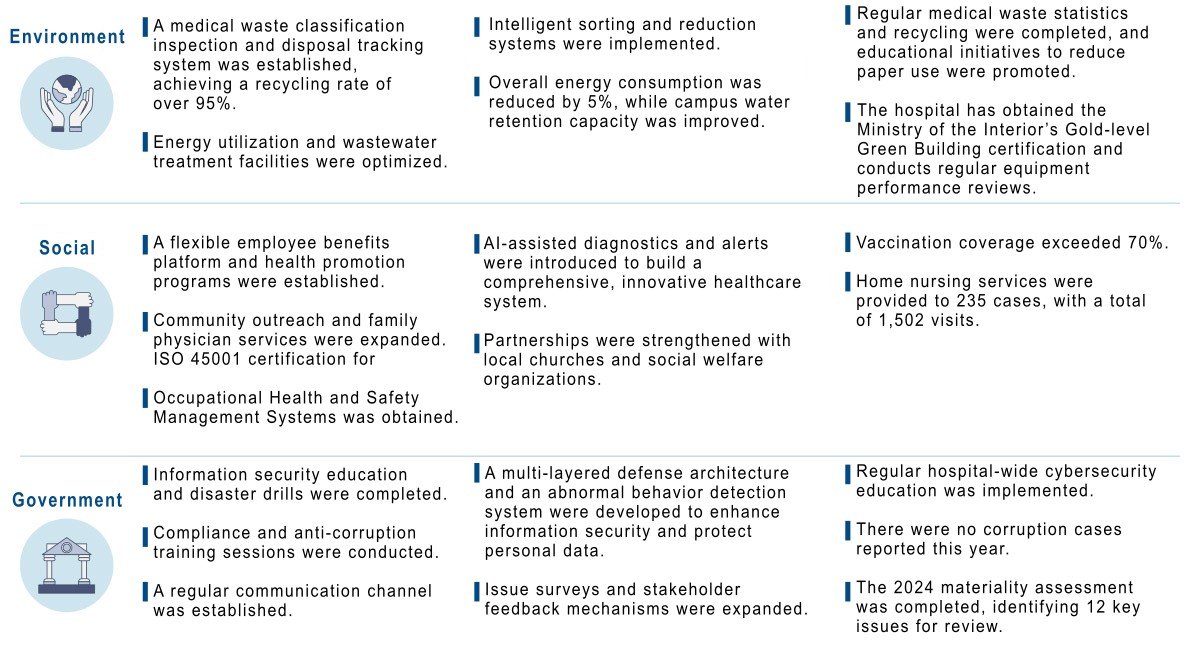About FJUH
Fu Jen Catholic University Hospital (FJUH) was officially inaugurated on September 29, 2017, in Taisan District, New Taipei City, adjacent to the main campus of Fu Jen Catholic University. Its service coverage includes the Xinzhuang, Wugu, and Taisan areas. The hospital was established on the former site of the Catholic Major Seminary of Taiwan, symbolizing the continuation and legacy of the Catholic faith and its healing mission.
The founding of the hospital stemmed from the Catholic Church's commitment to the spirit of love and compassion in healthcare. The late Cardinal Paul Shan Kuo-Hsi, S.J., was one of the key advocates during its establishment. He profoundly stated, "A Catholic hospital must truly bring the great love of God to patients." He encouraged FJUH to become a hospital with a soul—one that not only cures illness but also comforts the heart, conveying love and hope. Former Fu Jen University President, Han-sheng Chiang, likewise emphasized that FJUH carries the Catholic Church's evangelizing mission in healthcare. According to Catholic doctrine, humanity is a community of life, inseparable as one; therefore, healthcare should transcend medical treatment alone to embody holistic care and respect for human dignity.
The hospital's architectural design embodies strong religious symbolism, inspired by the "Tree of Life" from the Bible, representing vitality and sustainability. The buildings achieved Taiwan's Gold-level Green Building certification, reflecting the commitment to energy conservation and carbon reduction. Its external design draws from the imagery of Noah's Ark, symbolizing the hospital as Christ's embrace—offering shelter and safety to the community. Since its establishment, FJUH has dedicated itself to enhancing healthcare quality and service breadth, extending its reach to remote areas and long-term care. During the COVID-19 pandemic, the hospital deployed teams to the Taisan quarantine facility, providing not only professional medical services but also spiritual counseling and humanitarian care. This embodied the spirit of the "Light of Love Quarantine Team" and earned wide recognition across society.

Sustainability Governance Framework
To advance sustainability, the hospital established a Sustainability Promotion Center, led by a Chief Sustainability Officer who also serves as the Executive Vice President. The Office of Humanities oversees the coordination of related initiatives, including the planning and execution of sustainability issues. Regular meetings are convened to track progress, with outcomes incorporated into hospital administrative reports and submitted quarterly to the Board of Directors for review and approval. The annual sustainability achievements are consolidated into the Sustainability Report, which, upon approval by the President, is officially released to the public.

Sustainable Operations Blueprint
Rooted in the Catholic spirit of holistic care, the hospital is committed to advancing high-quality, low-carbon, digital, and socially inclusive healthcare services. By integrating education, research, and community engagement, FJUH actively fulfills its mission of social responsibility, environmental stewardship, and sound governance, thereby promoting the sustainability of the healthcare system. The hospital aims to become a green healthcare model that embodies faith, humanity, and intelligence, while establishing a sustainable care system that advances health, hope, and well-being.

Materiality Assessment and Stakeholder Engagement
In line with GRI Standards, the hospital identified 19 sustainability topics across governance, environmental, and social dimensions. A materiality analysis was conducted, assessing each issue based on stakeholder concern and its impact on the environment, economy, and society.

Material Topics and the Value Chain
The hospital's value chain encompasses three key areas: upstream (procurement of pharmaceuticals and medical devices), operations (clinical services, research, and training), and downstream (patient care, community health, and public health initiatives). Material topics such as employee welfare, healthcare quality, risk management, innovative medicine, and social welfare exert multi-level impacts across the value chain.
Material Issues: Management Approach and Goals
For each material topic, management policies and phased objectives were defined:
- Employee welfare: Establish a competitive compensation and benefits system.
- Information security: Develop governance structures for data protection under competent healthcare.
- Healthcare quality: Implement intelligent decision-support systems.
- Talent development: Establish cross-disciplinary career roadmaps.
- Social welfare: Expand community healthcare coverage and support for vulnerable groups



